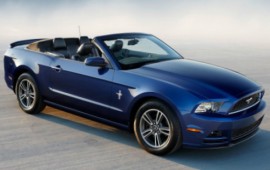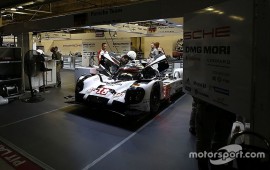Austin


The Austin Motor Company Limited was a British maker of motor vehicles. The brand is now owned by SAIC after being transferred from broke subsidiary Nanjing Automotive which had got it with MG Rover Group in July 2005.
While running the first Wolseley company, which had a highly cyclical sales design, Herbert Austin, searched for products with a regular demand. Starting in 1895, he assembled three automobiles in his spare time. The third car, a fourwheeler, was completed in 1899. By 1901 his fellow directors couldn't see future gain in cars and therefore with their approval as well as the approval of the Vickers brothers Austin started a different auto manufacturing business still utilizing the name Wolseley.
From this modest beginning - the very first factory occupied 2.5 acres and made 120 cars annually. Until now it's among the largest in Europe, creating vehicles at the speed of over 3, 000 a week the business has expanded. Within the intervening years it has created some renowned motor cars, notably the Austin Seven, which launched a brand new standard of little auto motoring for your family man.
Now the business is controlled by some of the very dynamic figures in British business, Mr L.P. Lord.
Their increased production hasn't been spread by austins over various makes of autos by getting other auto creating businesses. They have, however, obtained coachbuilding facilities for the luxury models by getting the old established business of Vanden Plas. In addition, the business possess a half share in Austin Crompton Parkinson Electric Vehicles Ltd., producers of batteryelectric vehicles.
Following the war, when exports became a first priority within the guidelines of British motor businesses, Austins courageously tackled the United States market and, in spite of enormous challenges, they've succeeded in getting a foothold in what is absolutely the most challenging motor car export market within the planet.
In their centralised plant Austins claim that more of the entire procedure for auto production is undertaken than in almost any other British factory. Since the war, Longbridge has been the scene of a radical reorganisation, which has as its intention, the reequipment and rehousing of several sections. A brand new engine factory is already finished, a brand new designs department, also a brand new tool factory along with a brand new development area. The next big step - the construction of a recent chassis - bodymounting, erecting and finishing store is now being carried out. Until the entire plant has been rebuilt in a string of selfcontained factory units the reorganisation programme will be continued. Throughout the 12 months ending on 31 July, Austin created 157,628 vehicles of all types, one quarter more than the complete result in the previous 12 months.
The centralisation of Austin's production facilities is clearly a significant advantage as it reduces transportation and handling costs of substances, components and parts to the minimum. Lowcost creation is, in addition, helped by a rationalisation of design within the versions made.
An uncommon sideline is the creation of toy Austin cars in a South Wales factory that's sponsored by the business. The employees here are impaired miners as well as the task has as its main objective humanitarian concerns.
Export Sales Organisation
This success is not attained by chance; it has become the effect of driving force and bold vision in the very top, coupled with methodical organisation in every detail.
In 1946 the Austin Company started a different concern, the Austin Motor Export Corporation Ltd, to develop and manage foreign trade. CKD automobiles are assembled in South Africa, New Zealand and Australia, and automobiles are also sent packed to vendors in all foreign markets. Austin's export programme was waged with consistent vigour and it was the goal of the business to supply sufficient spare parts as well as care facilities concurrently with the growth of new marketplaces. It has meant an enormous outlay, notably in america and Canada.
Services and products of the Business
Meanwhile, the version is the A40 with a 1200cc engine. This vehicle has been an outstanding achievement since its launch in 1948 and the reasons for the popularity aren't difficult to determine. It is quick and exceedingly dynamic for a car of this kind and carries a roomy 4 - 5 - seater body.
The next Austin version, the A70, has also earned for itself an enviable reputation although not on such a broad scale. Like the A40, it's extraordinarily quick, being capable of supplying a rate of acceleration in top gear and surpassing a rate of 80 miles per hour previously connected just with 6 or 8 cylinder cars of much greater power. It's also excellent for its riding comfort. Only these who've travelled over this course can appreciate fully what this functionality entailed. The roughest desert paths had to be taken at speed and no respite was received by the car from its constant pounding.
The A90 is a growth of the A70, having a higher top gear ratio and a somewhat bigger engine. This model also has demonstrated its value in a public demonstration of speed and reliability. The average rate for seven days and nights, including all stops, was 70.54 miles per hour. The A90 is offered in two types, a convertible and a sports saloon. The convertible could be acquired with a power-controlled head.
The greatest Austins are the A135 Princess and the A125 Sheerline. These vehicles have the same mechanical specs except pertaining to the 4 litre, 6 cylinder engine, which in the Princess, is tuned as is suggested within their version numbers to give more power. The Sheerline is really a handsome saloon with traditional lines, including outside headlamps. It's fitted with bucket or seat and may be created for the owner driver - kind front seats. The bucket seats are flush fitting and could be adjusted if desired to create the equivalent of a bench seat.
The Princess has a partition between the front and back seats and has a graceful coachbuilt saloon body produced by Vanden Plas. Its functionality is to keep with its modern lines and the car can reach 90 miles per hour in perfect conditions. The substantial Austins join the feature handling qualities of British cars with transatlantic top gear flexibility and speed up, supply an extremely high standard of comfortable and quiet motoring and, in a subtle way.
The Austin Metro - started in October 1980 - was heralded as the saviour of the whole BL join and Austin Motor Company. 21 years following the launching of the Mini, it gave a muchneeded modern supermini to BL to contend with the recently - started enjoys of the Ford Fiesta, Vauxhall Chevette and Renault 5. It was an immediate success with buyers and was among typically the most popular British cars of the 80s. It was meant as an alternative for the Austin Mini but, in fact, the Metro was outlived by the Mini by two years.
Read More ▼
-
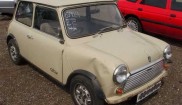 Austin Mini 1001
Austin Mini 1001
-
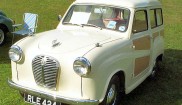 Austin A30 Countryman
Austin A30 Countryman
-
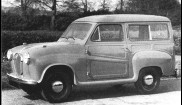 Austin A35 Countryman
Austin A35 Countryman
-
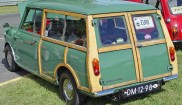 Austin Mini Traveller
Austin Mini Traveller
-
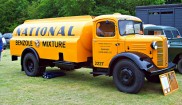 Austin K4 Beer Tanker
Austin K4 Beer Tanker
-
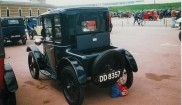 Austin Doctors Coupe
Austin Doctors Coupe
-
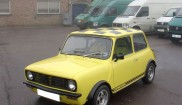 Austin Mini 1275 GT
Austin Mini 1275 GT
-
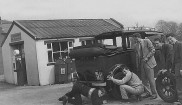 Austin 12-4 Taxi Landaulette
Austin 12-4 Taxi Landaulette
-
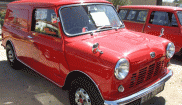 Austin Mini Van
Austin Mini Van
-
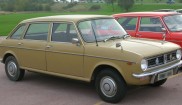 Austin Maxi
Austin Maxi
-
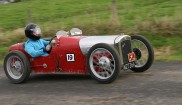 Austin Seven racer
Austin Seven racer
-
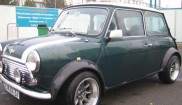 Austin Mini 1300
Austin Mini 1300
-
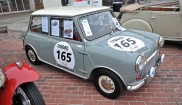 Austin Mini sedan delivery
Austin Mini sedan delivery
-
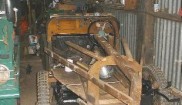 Austin 7 Special
Austin 7 Special
-
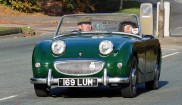 Austin Healey Sprite Frogeye
Austin Healey Sprite Frogeye
-
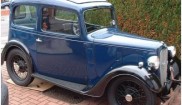 Austin 7 Ruby
Austin 7 Ruby
-
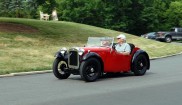 Austin Seven Nippy
Austin Seven Nippy
-
 Austin Metro 6R4
Austin Metro 6R4
-
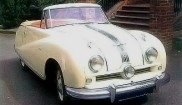 Austin A90
Austin A90
-
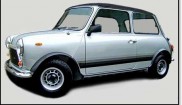 Austin Mini 1100 Special
Austin Mini 1100 Special
-
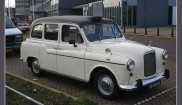 Austin Hackney
Austin Hackney
-
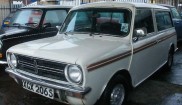 Austin Mini 1275 Clubman
Austin Mini 1275 Clubman
-
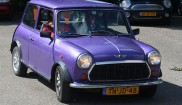 Austin Min Cooper
Austin Min Cooper
-
 Austin Mini Cooper 1300
Austin Mini Cooper 1300
-
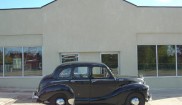 Austin A40 Devon
Austin A40 Devon
-
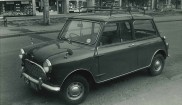 Austin Mini Saloon
Austin Mini Saloon
-
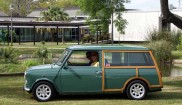 Austin Mini 850 Countryman
Austin Mini 850 Countryman
-
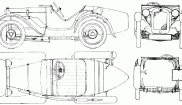 Austin Ulster Cabriolet
Austin Ulster Cabriolet
-
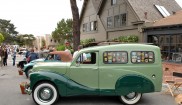 Austin A40 Countryman
Austin A40 Countryman
-
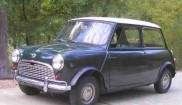 Austin Mini 1100 Special de Luxe
Austin Mini 1100 Special de Luxe
-
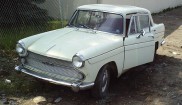 Austin A60 Cambridge
Austin A60 Cambridge
-
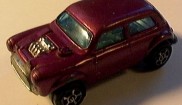 Austin Mini 1300 Cooper S
Austin Mini 1300 Cooper S
-
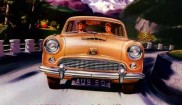 Austin A40 Cambridge
Austin A40 Cambridge
-
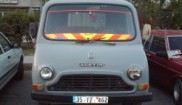 Austin TM 25
Austin TM 25
-
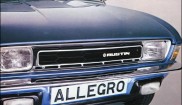 Austin Allegro HL wagon
Austin Allegro HL wagon
-
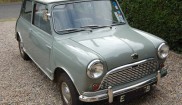 Austin Mini 850
Austin Mini 850
-
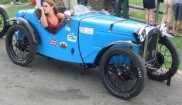 Austin 7 Ulster Sports
Austin 7 Ulster Sports
-
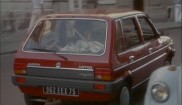 Austin Metro Mayfair 10
Austin Metro Mayfair 10
-
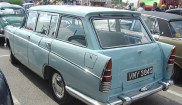 Austin A60
Austin A60
-
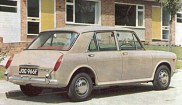 Austin 1100
Austin 1100
-
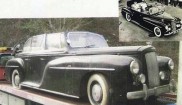 Austin LWB
Austin LWB
-
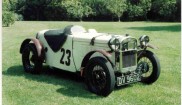 Austin 7 Ulster Special
Austin 7 Ulster Special


Go Motors Blog
Top 10 Best Chevrolet Models of All Time
9 Unique Ways to Customize Your Car
How to Find the Best Tow Truck Companies
Your Guide to the New Skyactiv-X Engine from Mazda
Shady Car Mechanic Tricks You’ve Never Known Before
7 Driving Techniques and Other Tips for Fuel Efficiency
Car Repair at Home: 4 Easy DIY Fixes That Anyone Can Do
Lifting a Truck Pros and Cons
How to Diagnose Severe Car Problems (Even When You Don’t Know Anything About Cars)
View All Recent Posts
New Photo Galleries
LATEST NEWS
more news
LATEST CAR REVIEWS
more automotive reviews
